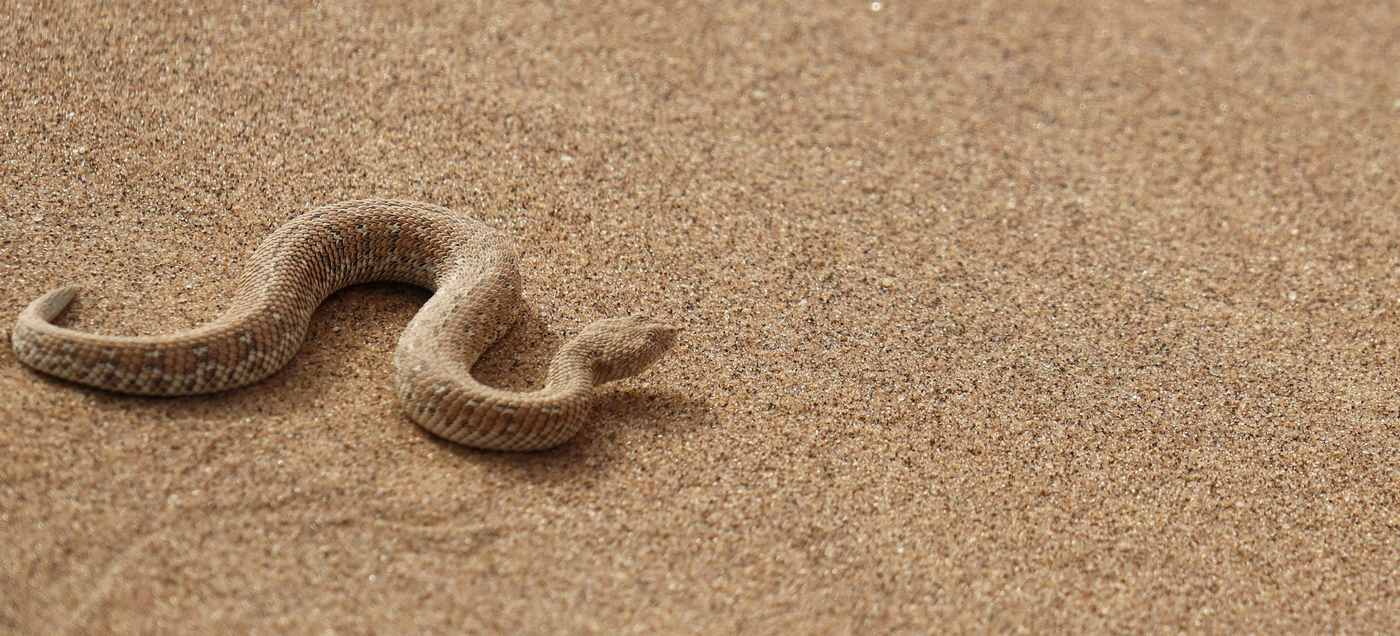T4K3.news
New antibiotic strain discovered in Northern Ireland
A strain of Streptomyces found in soil could combat antibiotic-resistant bacteria.

Scientists found a new antibiotic strain in Northern Ireland soil that could combat drug resistance.
New antibiotic discovery offers hope in the fight against resistance
Scientists have discovered a new strain of the antibiotic-producing bacteria Streptomyces in soil from the Sacred Heart Church in Boho, County Fermanagh, Northern Ireland. This strain shows promise against antibiotic-resistant bacteria like MRSA and those immune to vancomycin, raising hopes amid growing global concerns about antibiotic resistance. The World Health Organisation highlights antibiotic resistance as a severe threat to global health. This discovery is part of a broader trend, with researchers also identifying potential antibiotics in unexpected places. For instance, a soil sample from a garden in Canada yielded lariocidin, which acts differently than conventional antibiotics. Experts believe that exploring these natural environments could yields the next generation of antibiotics.
Key Takeaways
"Bacteria in soil are constantly exposed to a range of different antibiotics produced by rival organisms."
This highlights the ecological competition that shapes bacterial resistance.
"We are reaching a crisis in antibiotic therapy. But I'm confident that exploring how these antibiotics work in their natural environment will help us crack the drug resistance problem."
Dr. Quinn emphasizes the urgency and potential of studying natural antibiotics.
"If we routinely gave all patients two different antibiotics instead of one, it would mean the bacteria would have to evolve resistance to both."
Paul Dyson outlines a strategic approach to mitigate resistance in bacterial treatment.
"Communities can contribute significantly by collecting soil and water samples for antibiotic research."
This reflects the growing trend of citizen science in health research.
The ongoing search for new antibiotics highlights a critical moment in medical science. As drug resistance escalates, reliance on natural sources like soil becomes increasingly vital. This exploration not only serves the immediate need for novel treatments but also prompts a reconsideration of how we approach antibiotic use in medicine. The potential to combine multiple antibiotics aligns with emerging strategies that aim to counteract resistance by overwhelming bacteria's ability to adapt. The community-driven initiatives to gather soil and water samples represent innovative public engagement in scientific discovery, opening the door to new, plentiful sources of medicine.
Highlights
- Natural antibiotics could reshape how we treat infections.
- Soil might hold the answers we seek in medicine.
- Communities are key in the hunt for new antibiotics.
- Exploring nature could lead to our next big medical breakthrough.
Concerns about antibiotic resistance and public health
The ongoing issue of antibiotic resistance poses significant risks to global health, prompting scientists to explore alternative solutions.
Continued exploration of natural environments may hold the key to overcoming antibiotic resistance.
Enjoyed this? Let your friends know!
Related News

Magilligan prison upgrade delayed for nine years

New antibiotic candidates found in snake and spider venom

Patrick Kielty and Cat Deeley end their marriage

Bolton and Bury launch gonorrhoea vaccine program

Typhoid bacteria developing dangerous antibiotic resistance

RSPCA warns UK about risks from imported rescue dogs

AI identifies new antibiotics from venoms

New self-driving shuttle bus begins service in Belfast
